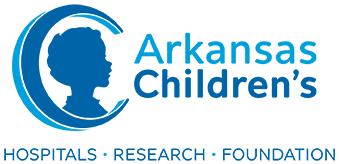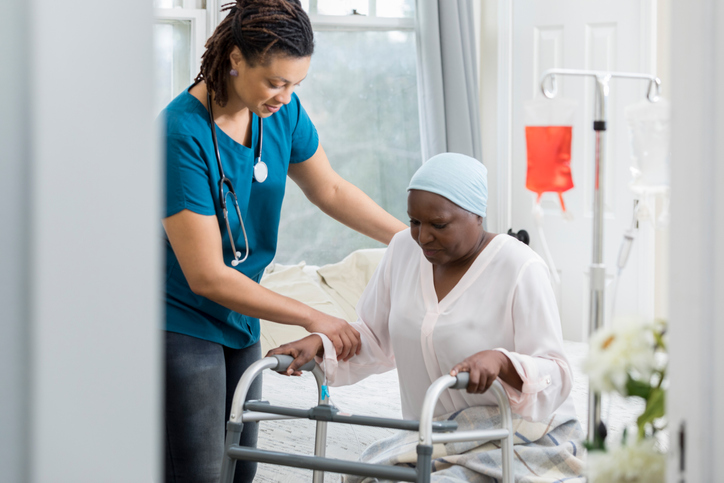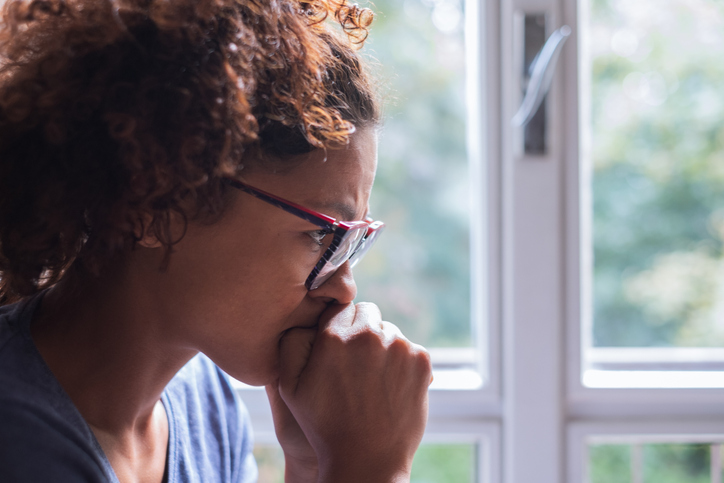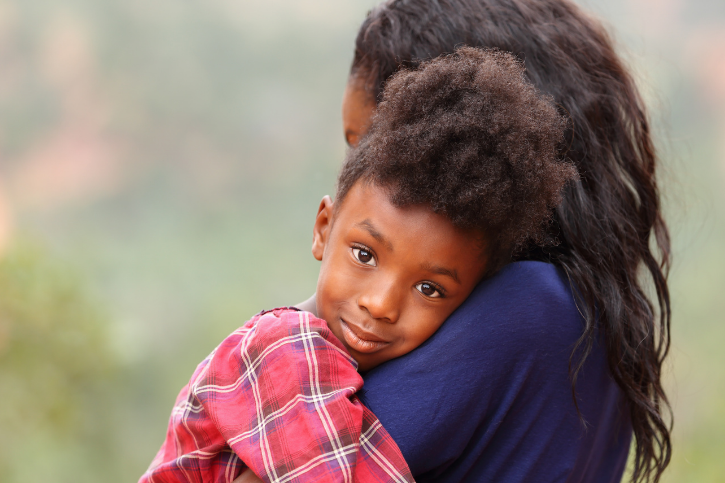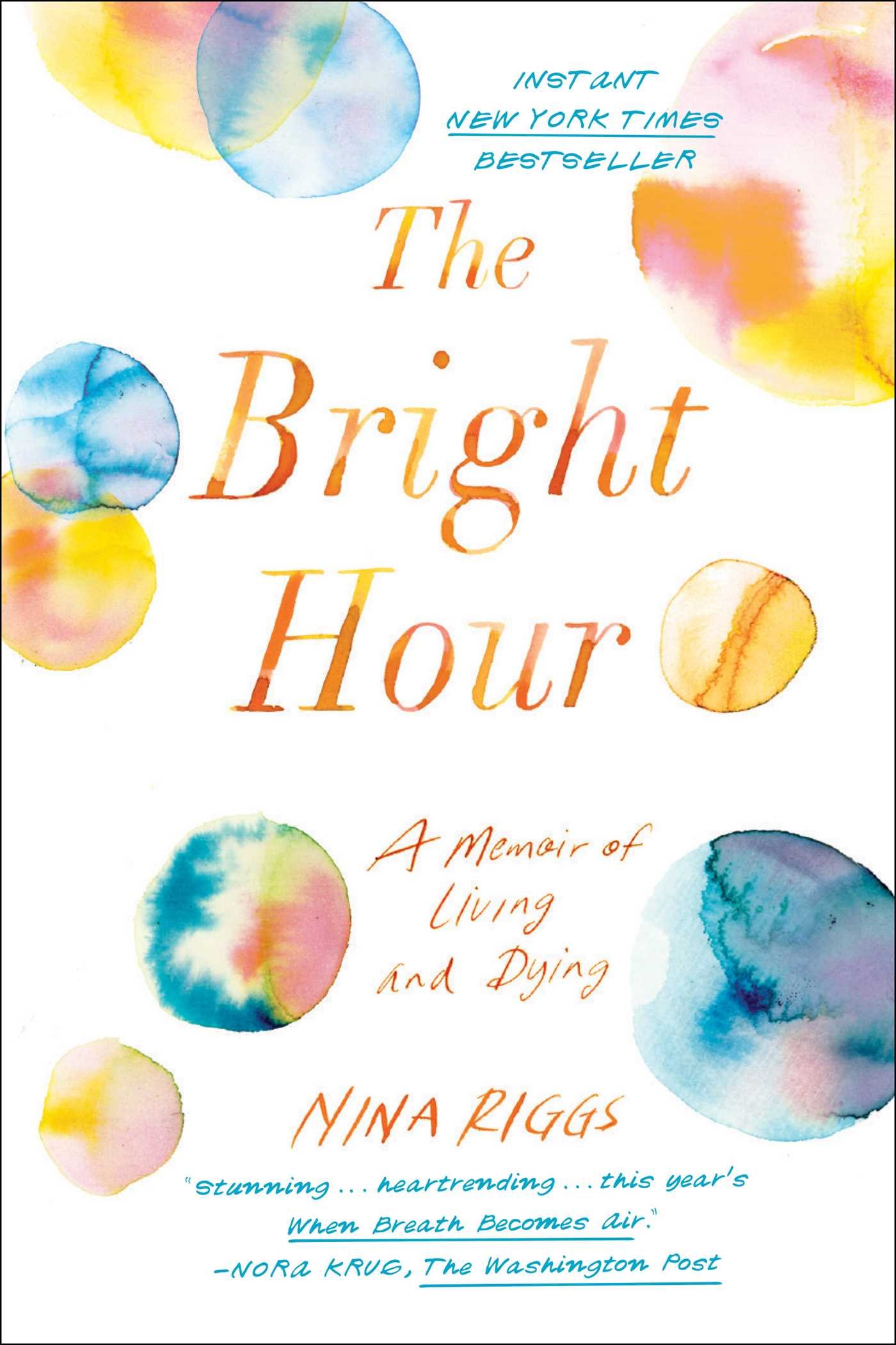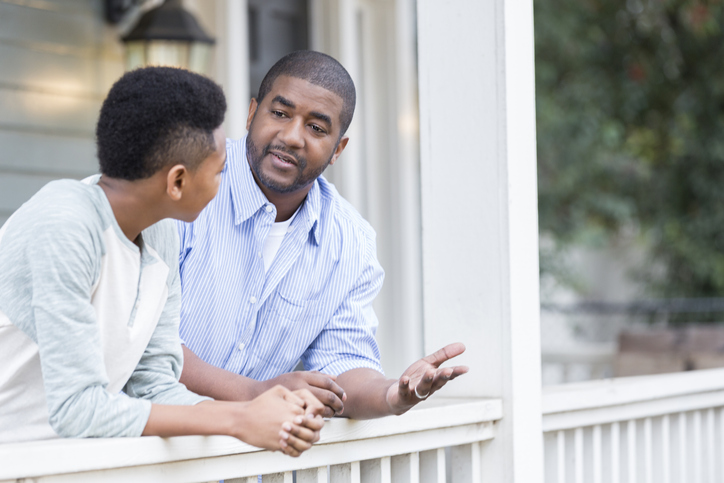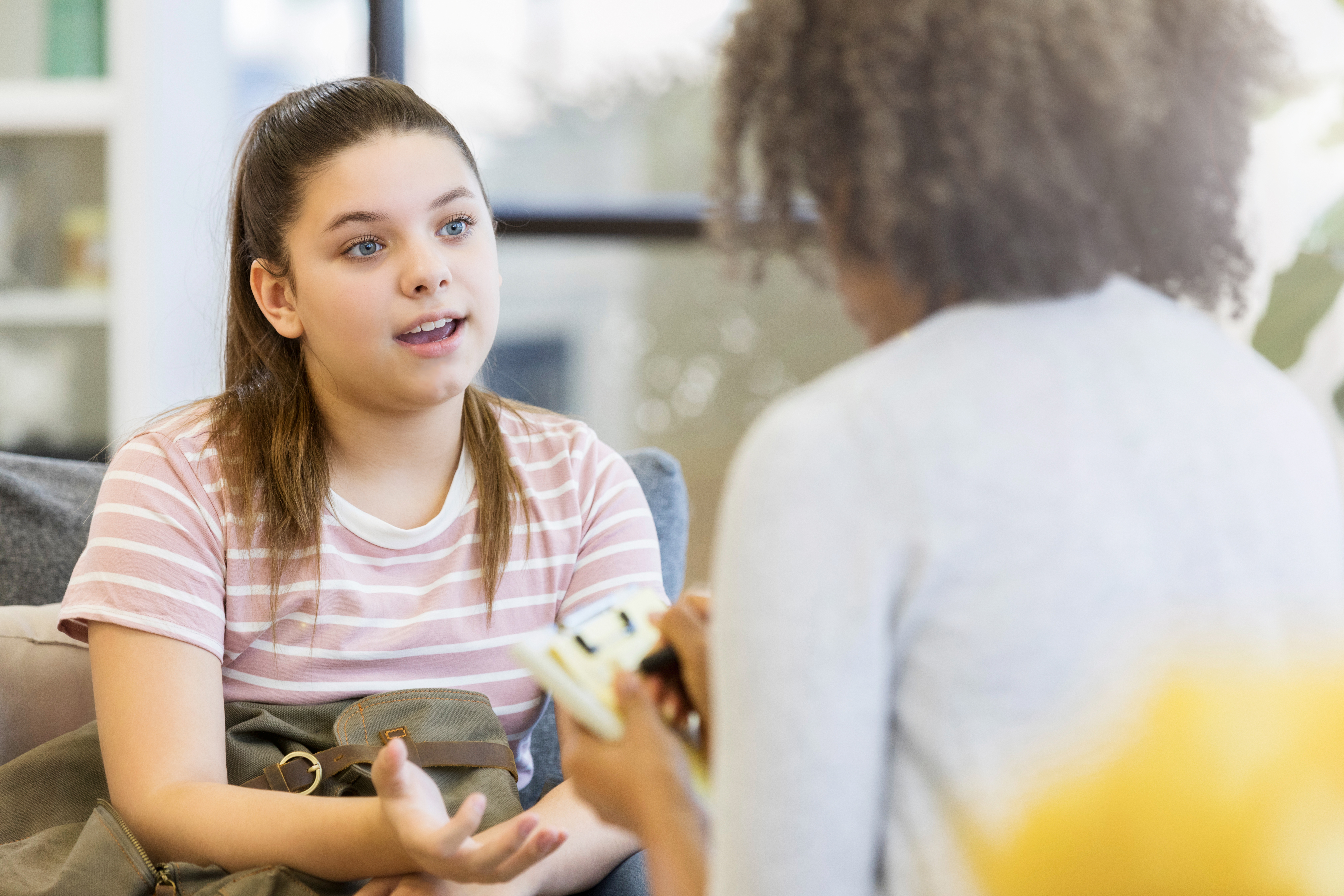A Master Class in Helplessness
One of those days in the childhood cancer world, I was on the inpatient unit talking with one of the many impressive-as-all-get-out nurses. We were going through a rough patch of newly diagnosed patients, relapses, and deaths. She asked me, "how can we keep doing this?" The answer that came to me then, and sticks with me now, is that we do our best to embrace our helplessness and then keep on trying to help.
In the childhood cancer world there were real people, which means that parents responded in all kinds of ways. One way gave in too much to cancer. In the face of such an unjust calamity, some parents resigned themselves to inaction. What could you really do about it? I could, and still can, identify with that feeling of being overwhelmed and pulling back. In that land of limited choices, however, there were still choices about how to respond and cope - choices about how to live in the midst. There was profound helplessness about the reality of the cancer diagnosis and with it came the temptation to despair. One parent said something like, “we have no more family or life, it is only the cancer.” I deeply respect the pain in that statement. Although that statement is understandable, it's not quite true. That was giving the cancer much too much power and control, and it had enough power and control already. That was giving too much over to helplessness.
Other parents had a very different experience. In most areas of their lives, they were accustomed to solving problems for themselves and for their children. When presented with a problem, they would research it, consult friends and contacts with needed expertise, and work very hard until they resolved the problem. I could easily identify with these parents in their approach to life and problems. However, childhood cancer was not this kind of problem. It couldn’t be researched, consulted, or worked away no matter the time and effort one was willing to sacrifice. It was a different kind of problem, one that defied the usual strategies that worked in other areas of life. In some profound ways, coping with childhood cancer meant living with a horrid amount of helplessness. And understandably for some families, that appeared impossibly hard to accept.
But how about the healthcare team? Well, we had our struggles, too, with making peace with helplessness. Unlike several generations past, most lives of children with cancer could be saved. Most physical pain and discomfort could be medicated and alleviated. But lives saved and pain alleviated came with costs, and sometimes neither were possible. And what about the emotional and spiritual suffering and fears of loss and death that were parts of the experience? They could sometimes be eased in degree, but they could never be eliminated. So we were left with often feeling helpless when we had signed on to be helpful. Like the children and the parents, we wanted more than was possible because we were real people, too.
Fortunately, most children do not get cancer. More adults get cancer, but most of them don’t either. But the lessons of helplessness experienced in the master class of the childhood, and adult, cancer world apply broadly because they are life lessons. Lessons for anyone who faces challenges, illness, injuries, and death. Anyone who experiences limits on living. Anyone who is mortal.
There was another way of responding experienced by some parents in the childhood cancer world. These parents had been through hard things before and had learned that some things could be helped and other things could not. Being helpless was not unfamiliar. They had learned to avoid despair and resignation when feeling helpless. They seemed to intuitively understand that their resources—their time, energy, efforts, and focus—were limited, so they didn’t want to spend them trying to control things outside of their influence. They wanted to get the most out of their limited resources, so they didn’t spend a lot of time fighting their helplessness. Instead, they leaned into the important and limited ways where they could be helpful. This was not their first master class in helplessness. Like all parents, their hearts were broken and they didn’t have the most helpful balance every time because they were real people, too, but their example taught the rest of us another way of living with helplessness.
There is much to earn from all those who live with helplessness and with loss. Those living with disability and serious illness. The dying and the grieving left behind. Those who have lost dreams.
At the heart of it, life is a master class in helplessness - so much we can’t change and that lives outside of our control. And the more we make our peace with our helplessness, the more we can impact and influence what happens in our lives. No final grades with this class. Just learning and new lessons and failing and practice and learning some more.
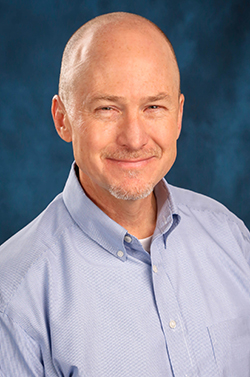
Greg Adams, LCSW, ACSW, FT
Program Coordinator
Center for Good Mourning
[email protected]
